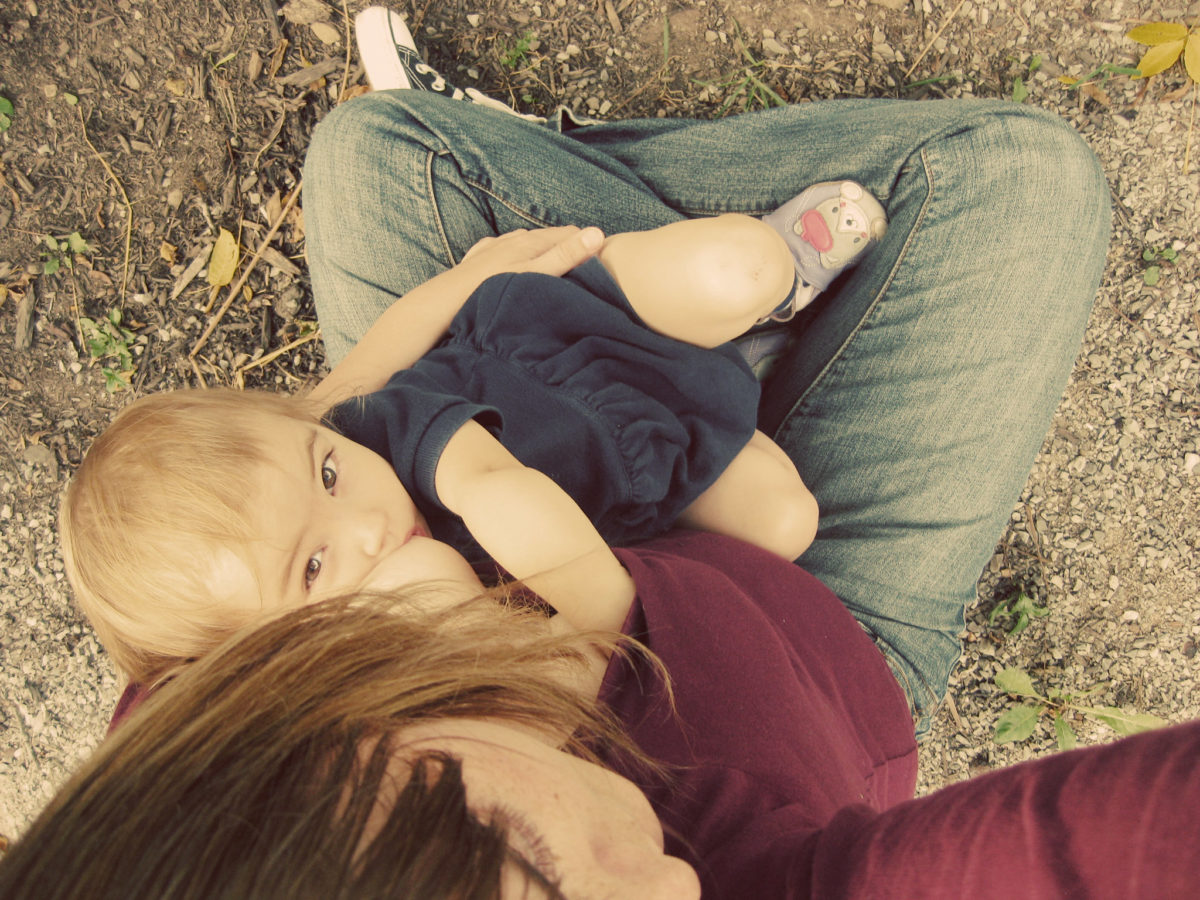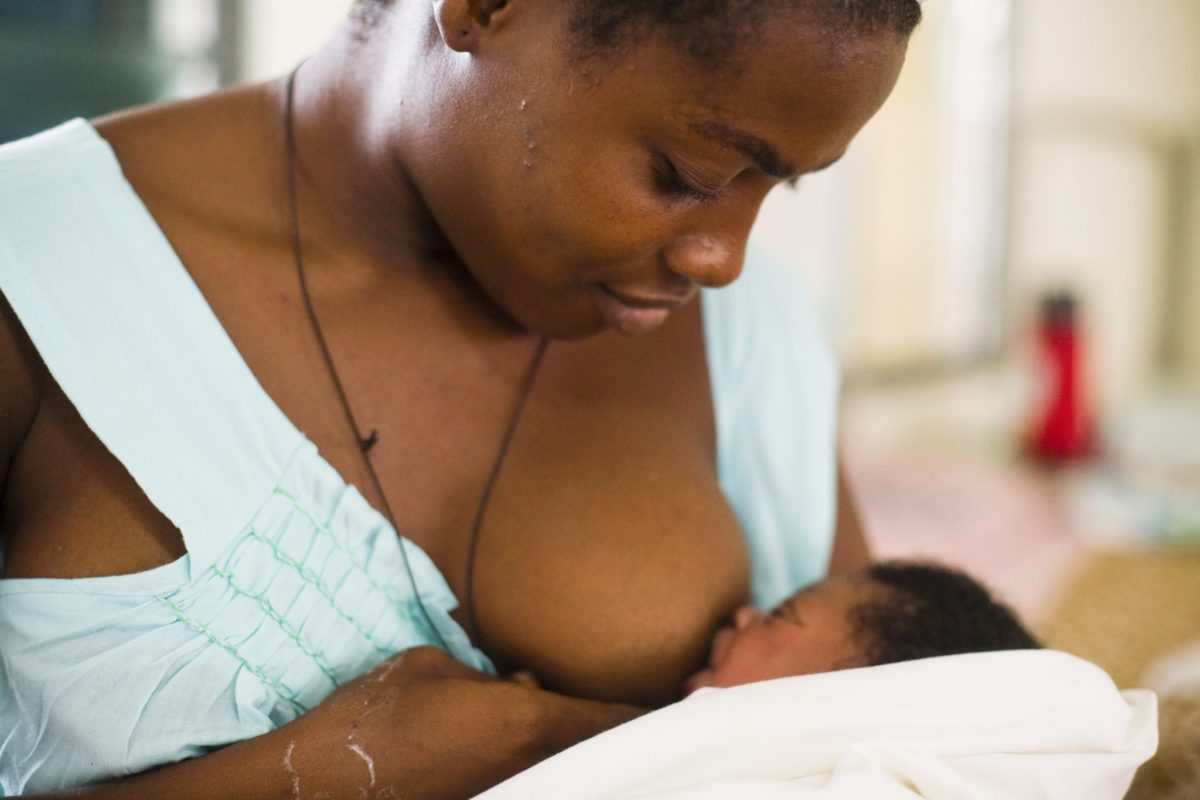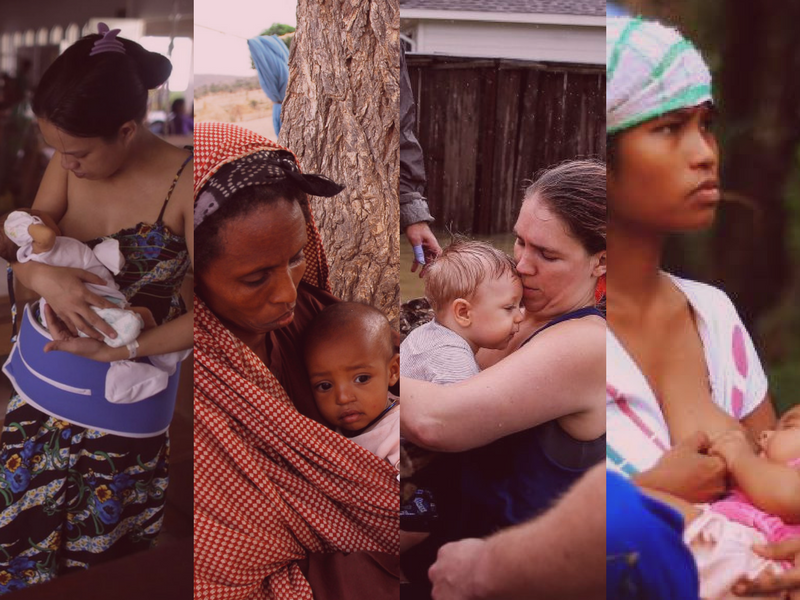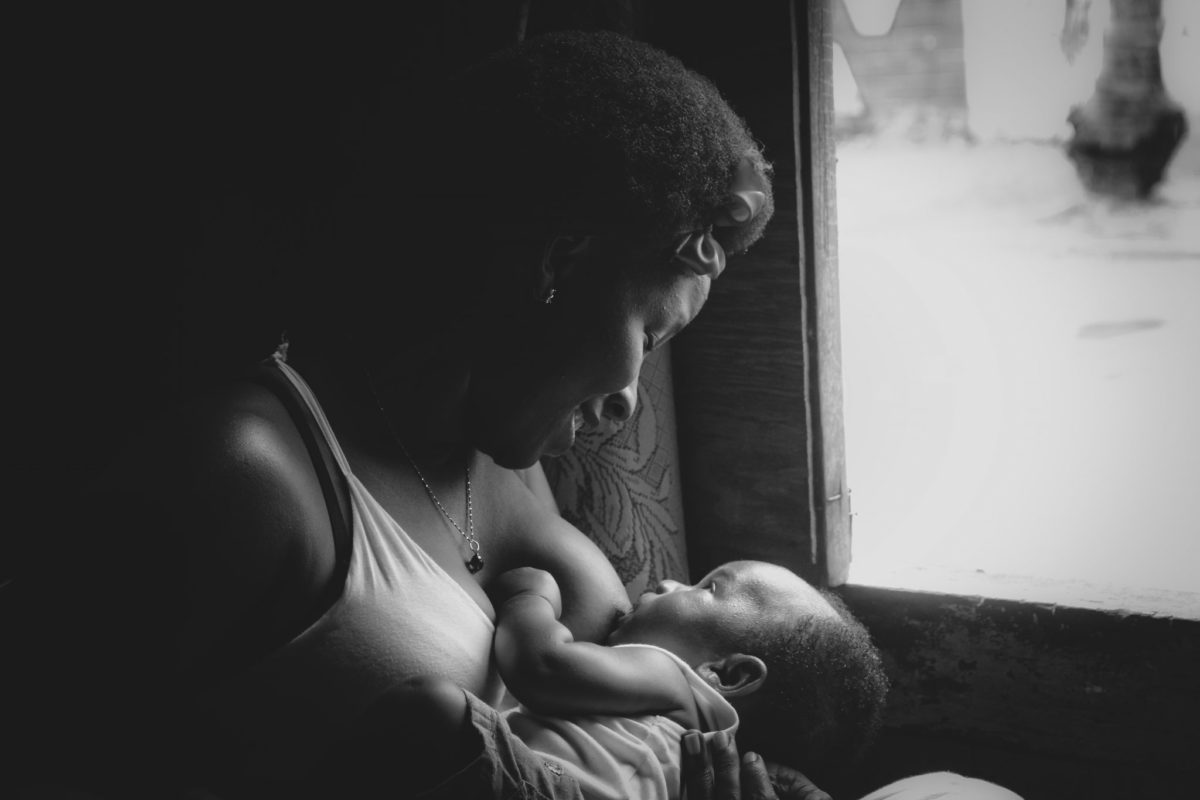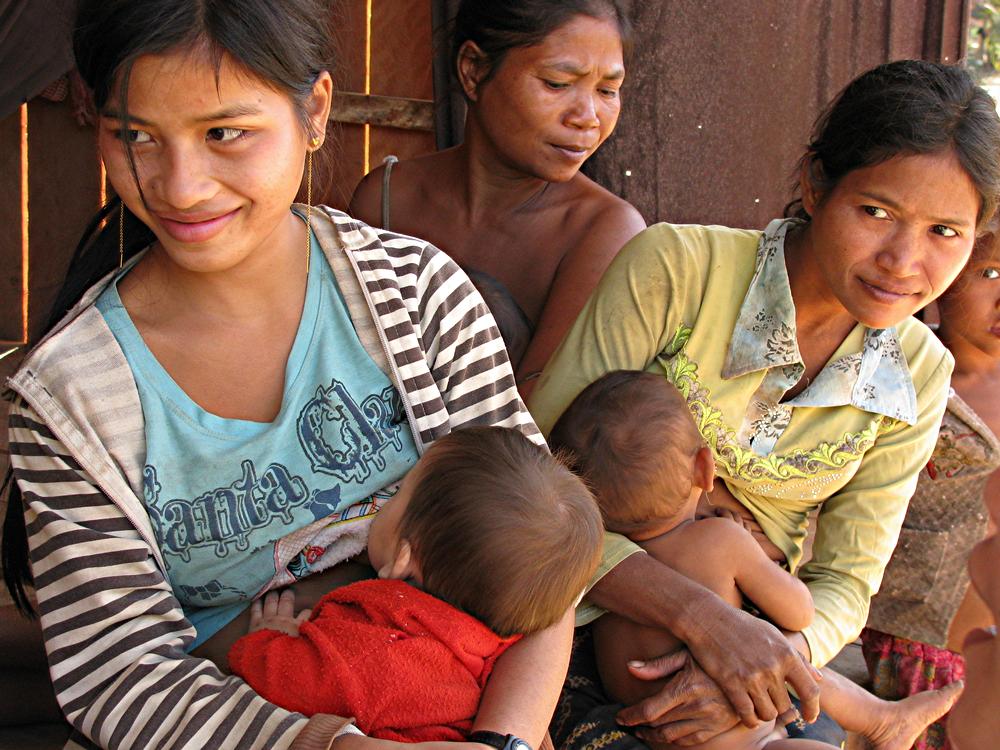Protecting, Promoting and Supporting Breastfeeding
We know that babies get the best start in life when they are exclusively breastfed for the first 6 months, and continue breastfeeding with complimentary feeding until they are 2 years old, following World Health Organization guidelines established in 2018.
As World Breastfeeding Week and National Breastfeeding Month begin, 1,000 Days celebrates the progress made to support mothers in breastfeeding their babies, while also recognizing the additional steps that need to be taken to truly support all those who wish to initiate and sustain breastfeeding. From policy changes to individual support, more action is needed to achieve breastfeeding goals globally. In the US, a recent win for breastfeeding mothers is the PUMP for Nursing Mothers Act, PUMP for Nursing Mothers Act, which extends the right to receive break time to pump and a private place to pump at work to more nursing employees. Another win for breastfeeding science globally is the 2023 Lancet Breastfeeding series which reinforces the power of breastfeeding, policy changes needed to protect breastfeeding, and calls out intrusive marketing strategies utilized by formula companies to diminish breastfeeding.
Even though breastfeeding is the best way to protect newborns from malnutrition, infections, and disease, only 48% of babies around the world are exclusively breastfed based on data from 2015-2021. Breastfeeding support is recognized as a “Power 4” nutrition intervention, showcasing how critical it is for mothers and babies in low- and middle-income countries to support health and nutrition. Not only is breastfeeding counseling impactful on health and nutrition outcomes, but it is also one of the most cost-effective nutrition interventions, yielding up to $35US in economic returns with a $1US investment.
Across the United States Agency for International Development’s 14 priority geographies, breastfeeding counseling rates remain low. On average, in these areas, only 45% of mothers are receiving breastfeeding counseling in the 2 days after delivery. Breastfeeding counseling, whether individually or in a group setting, can help ensure mothers have the support they need while also helping them gain confidence and overcome challenges in their breastfeeding journey.
Governments, development partners, UN agencies, and non-government organizations have pledged to improve nutrition globally, particularly through increased investments in breastfeeding, as outlined at the 2021 Nutrition for Growth Summit. Additionally, the Global Breastfeeding Collective identified policy priorities for countries to implement to support, protect and promote breastfeeding:
- Increase funding to raise breastfeeding rates from birth through two years.
- Fully implement the International Code of Marketing of Breastmilk Substitutes and relevant World Health Assembly resolutions through strong legal measures that are enforced and independently monitored by organizations free from conflicts of interest.
- Enact paid family leave and workplace breastfeeding policies, building on the International Labour Organization’s maternity protection guidelines as a minimum requirement, including provisions for the informal sector.
- Implement the Ten Steps to Successful Breastfeeding in maternity facilities, including providing breastmilk for sick and vulnerable newborns.
- Improve access to skilled breastfeeding counseling as part of comprehensive breastfeeding policies and programs in health facilities.
- Strengthen links between health facilities and communities, and encourage community networks that protect, promote, and support breastfeeding.
- Strengthen monitoring systems that track the progress of policies, programs, and funding towards achieving both national and global breastfeeding targets.
As global leaders and governments continue to address the rising rates of malnutrition, which is impacting more than 1 billion adolescent girls and women worldwide, attention should be hyper-focused on breastfeeding support and counseling, through increased investments and policy changes, to support the health and nutrition of both current and future generations.


